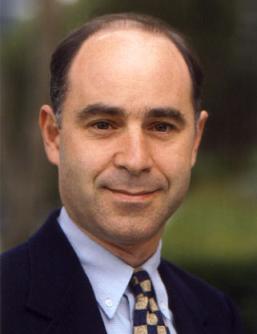By Anna Widdowson
The reelection of Milton Marks III as President of the City College of San Francisco’s Board of Trustees ruffled some feathers during last week’s board meeting, but it signals a real shift in the balance of power in the governance of this troubled district.
Dissent came primarily from longtime board member Natalie Berg, a fairly conservative and consistent (and crabby) supporter of former City College Chancellor Philip Day, who was indicted last July on eight felony charges for misappropriating public funds. Other longtime board members (and Day enablers) Lawrence Wong and Anita Grier also voted against Marks, who was a fairly isolated public interest advocate until two years ago, when he began to accumulate some allies.
One of those allies, progressive activist John Rizzo, last year replaced Berg as the board’s vice president, a post we was reelected to last week on the same 4-3 vote that Marks got. But while Berg opposes the pair on ideological grounds, she couched her criticism in the “long-standing tradition” of Board presidents’ declining to serve two terms in a row. She called Marks’s reelection “unprecedented” and a blow to the Board’s democracy.
Marks attributed the controversy over his reelection to a shift in the culture and ideology within the board. “(Berg) and other people used to have a real lock on the board and how it was run,” Marks told us. “Now there is a solid four votes on our side and I think they are feeling really unhappy that their time has come and gone.”
Marks noted that last year was the Board’s single most productive year in memory, which is probably a commentary on how abysmally this board has traditionally done its job as much as anything.
Berg has sat on the Board since 1996, and has served as president three times, though not in succession. Despite her quibbling, Berg didn’t offer to take the reigns herself, even after one concerned citizen audibly whispered from the audience, “If you’re so upset, why don’t you run?”
In fact, no one but Marks and Rizzo was nominated for either position. According to Marks, despite attempts to strong-arm the newest board members, Chris Jackson and Steve Ngo, the trio of dissenters knew they couldn’t win the election.
“They kind of scared Chris,” Marks said. “But he is such an honorable guy he never went back on his commitment to me or his ideology. And without his and Ngo’s vote, they knew they would lose the election and they didn’t want to be embarrassed.”
Jackson expressed distaste for the squabbling, and wondered aloud if perhaps students’ needs were a more pressing issue than elections. After all, if Berg keeps hogging air-time at meetings, the Board is likely to be largely stale-mated by petty internal power struggles.

